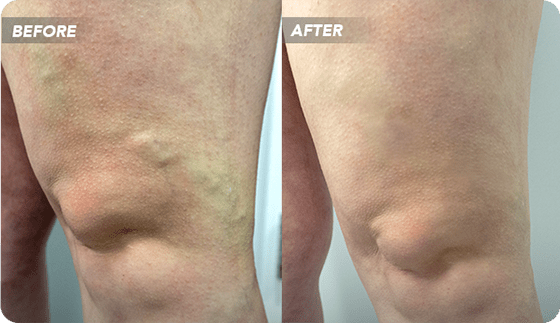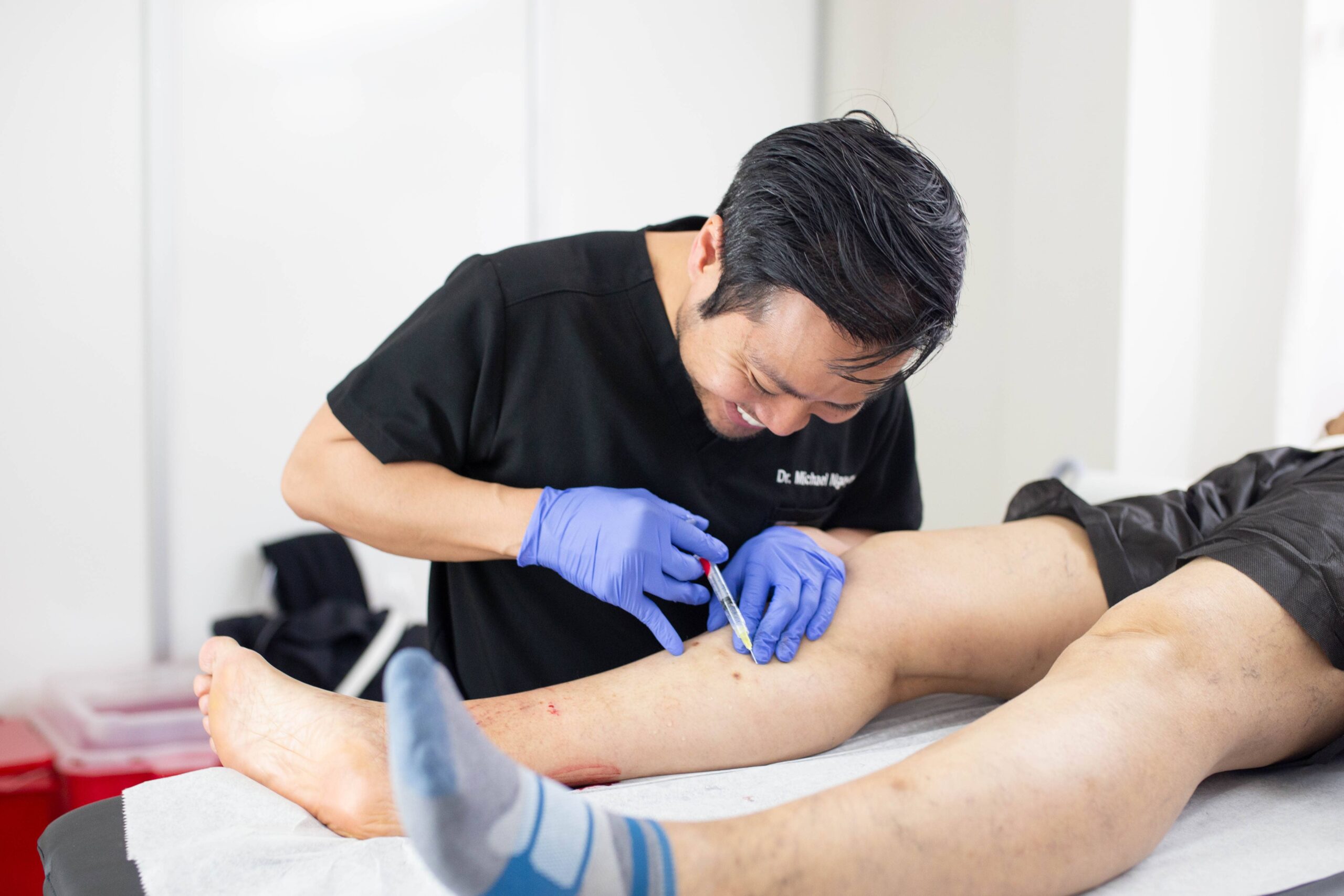What are the Treatment Options for Varicose Veins?
Varicose veins, those enlarged and often twisted veins that typically appear on the legs, can be more than just a cosmetic concern. They can cause discomfort, pain, and even lead to more serious health issues if left untreated. Fortunately, several What are the Treatment Options for Varicose Veins are available to help alleviate symptoms and improve the appearance of varicose veins.
Sclerotherapy: A Minimally Invasive Solution
Sclerotherapy is a popular and effective treatment for varicose veins. It involves injecting a solution directly into the affected vein, causing it to collapse and eventually fade away. One of the main advantages of sclerotherapy is its minimally invasive nature. Patients can typically resume their normal activities immediately after the procedure, making it a convenient option for those with busy lifestyles.
Endovenous Laser Ablation: Targeted Precision
Endovenous laser ablation, or EVLA, is another minimally invasive treatment for varicose veins. During this procedure, a laser fiber is inserted into the affected vein, where it emits heat and seals the vein shut. One of the advantages of EVLA is its precision. The laser can precisely target the damaged vein while leaving surrounding tissue unharmed, resulting in minimal discomfort and a shorter recovery time for the patient.

Radiofrequency Ablation: Gentle and Effective
Radiofrequency ablation (RFA) is similar to EVLA but uses radiofrequency energy instead of laser energy to heat and seal the affected vein. Like EVLA, RFA is a minimally invasive procedure that offers several advantages, including minimal discomfort and a quick recovery time. Additionally, RFA has been shown to be highly effective in treating varicose veins, with long-term success rates comparable to more invasive surgical procedures.
Ambulatory Phlebectomy: Surgical Precision with Minimal Scarring
Ambulatory phlebectomy is a surgical procedure used to remove larger varicose veins through small incisions in the skin. While it is more invasive than sclerotherapy or endovenous treatments, ambulatory phlebectomy offers several advantages, including the ability to remove large, bulging veins with precision and minimal scarring. This makes it an ideal option for patients with severe varicose veins who may not respond well to less invasive treatments.
Lifestyle Modifications: Supporting Overall Vein Health
In addition to medical treatments, making certain lifestyle modifications can help manage varicose veins and prevent them from worsening. Regular exercise, maintaining a healthy weight, avoiding prolonged periods of sitting or standing, and wearing compression stockings can all help improve circulation and reduce symptoms associated with varicose veins. While lifestyle modifications alone may not be sufficient to eliminate varicose veins, they can complement medical treatments and support overall vein health.

What is a Vein Doctor Called?
Understanding the Role of a Phlebologist
If you're suffering from varicose veins or other venous conditions, you may be wondering what type of doctor you should see for treatment. The medical professional specializing in the diagnosis and treatment of vein-related disorders is known as a phlebologist.
Who is a Phlebologist?
A phlebologist is a medical doctor who has undergone specialized training in the field of phlebology, which focuses on the study and treatment of veins. These healthcare professionals are experts in diagnosing and treating a wide range of venous conditions, including varicose veins, spider veins, and chronic venous insufficiency.
What Qualifications Does a Phlebologist Have?
Phlebologists typically have backgrounds in fields such as vascular surgery, dermatology, or interventional radiology. They may also hold certifications from professional organizations such as the American Board of Venous & Lymphatic Medicine (ABVLM) or the American College of Phlebology (ACP). These certifications demonstrate that a phlebologist has met rigorous educational and training requirements and has passed comprehensive exams in the field of phlebology.
What Services Does a Phlebologist Provide?
Phlebologists offer a wide range of services to diagnose and treat venous conditions. These may include:
- Diagnostic Testing: Phlebologists use various diagnostic tests, such as ultrasound imaging, to evaluate the health and function of the veins. These tests help identify the underlying causes of venous conditions and guide treatment decisions.
- Minimally Invasive Procedures: Phlebologists perform minimally invasive procedures to treat varicose veins and other venous disorders. These may include sclerotherapy, endovenous laser ablation, radiofrequency ablation, and ambulatory phlebectomy, among others.
- Patient Education and Counseling: Phlebologists play a crucial role in educating patients about their venous conditions and discussing treatment options. They work closely with patients to develop personalized treatment plans that address their unique needs and goals.
- Follow-Up Care: Phlebologists provide ongoing care and support to patients throughout the treatment process. This may include follow-up appointments to monitor progress, address any concerns or complications, and make adjustments to the treatment plan as needed.
Conclusion
In summary, phlebologists are highly trained medical professionals who specialize in the diagnosis and treatment of venous conditions. Whether you're struggling with varicose veins, spider veins, or another venous disorder, a phlebologist can provide expert care and guidance to help improve your vein health and overall quality of life. If you're experiencing symptoms of venous disease, don't hesitate to schedule a consultation with a qualified phlebologist to discuss your treatment options.
Comments
Post a Comment